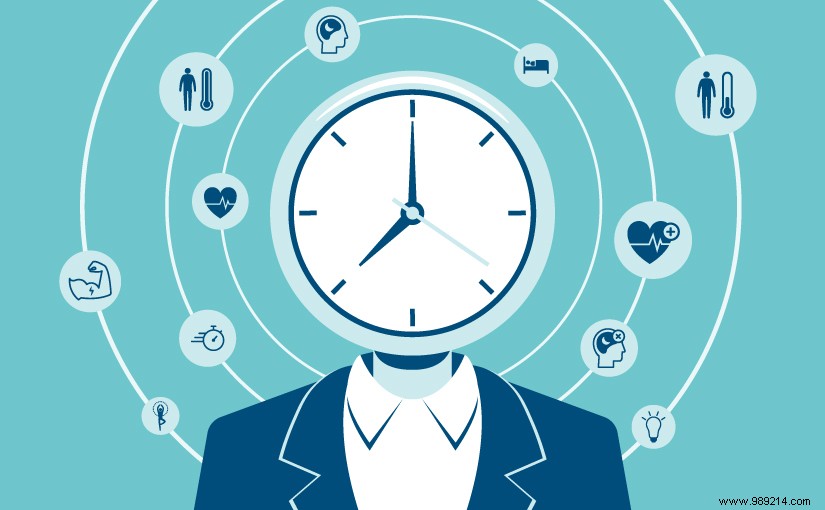
Ever wonder why you nod off at the same time nightly, spark creativity late in the day, recall lessons best in the morning, or feel energized at specific times? Chronobiology—the science of our body's internal rhythms—reveals the optimal timing for every activity.
Every organ and cell in the body follows an internal clock, synchronized by the master biological clock in the brain's hypothalamus. Acting like an orchestra conductor, it regulates metabolism, digestion, kidney function, respiration, hormones, nerves, and overall bodily performance on a roughly 24-hour cycle tied to Earth's rotation.
These circadian rhythms influence mood, sleep, alertness, eating habits, and both physical and cognitive performance. Disruptions can lead to serious health issues.
Chronobiology has illuminated these processes, earning the 2017 Nobel Prize in Medicine for Jeffrey C. Hall, Michael Rosbash, and Michael W. Young. Their discovery of circadian rhythm genes highlighted sunlight's critical role—especially the day-night cycle—in syncing our internal clocks.
Daylight is vital for this master clock, providing cues to set its rhythm. But a great day starts with a restorative night. Follow these evidence-based rules for optimal sleep, mood, and energy:
Excellent "light hygiene," regular meals, and consistent daily routines signal time to your internal clock. Once established, honor your body's natural peaks for activities.
Nighttime melatonin induces deep sleep. From 6-8 a.m., cortisol from the adrenal glands stabilizes blood sugar, mobilizing stored glucose for energy—perfect for morning workouts post-breakfast.
Mid-morning (11 a.m.-noon) peaks memory and focus, ideal for demanding mental tasks.
Enjoy a proper lunch break; post-meal, around 2 p.m., high insulin levels may cause a dip. A 20-minute power nap restores alertness. Irregular eating disrupts insulin, raising risks for obesity and diabetes.
From 3-7 p.m., you're at peak performance for brainpower or physical efforts.